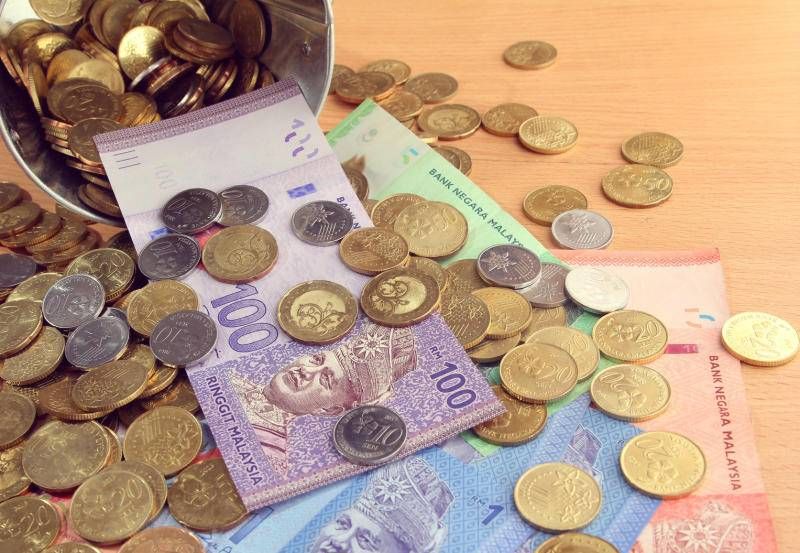
UNLESS you are in the businesses of selling masks, surgical gloves, ventilators and supplying boxes for food deliveries, the reality is that the rest of us have become poorer.
And if you haven’t had your pay cut, gone on unpaid leave, or at least, asked to clear your annual leave, it could only mean that you must be working in the civil service or for employers with excessively deep pockets.
Harsh reality has set in after almost five weeks of the movement control order (MCO) in Malaysia. It’s the same all over the world, actually, as businesses grapple with the effects of the lockdown caused by the Covid-19 pandemic.
Last week, a list of hotels in Kuala Lumpur, Penang and Perak that have been forced to shut down or that have asked their staff to accept pay cuts began to make its rounds on social media.
Hundreds of budget hotels around the country are also at risk of closing down as owners struggle to pay rentals and other operating costs, against zero revenue.
Workers in the hospitality industry, including tourist operators, were among the earliest to be hit hard. The impact on these workers will not just be for the next few months but for the rest of the year, and probably early next year. Airline staff faced the brunt earlier, actually.
The income of most Malaysians has been reduced and this will be worsened by the depreciating value of our ringgit, with food items becoming more expensive eventually.
So, even if the MCO is lifted by the end of May, businesses will still struggle to get operational again.
There will be less demand for some supplies, in any form, and delivery itself will continue to be a problem.
The pay cuts at most companies aren’t just for the next three months but will last until December as employers continue to struggle to earn revenue.
While larger companies, with stronger financial positions, would be able to spare employees on the lower earning bracket, it is much more difficult for small and medium enterprises (SMEs).
Government aid may be a relief for some in the next few months, but it may just be too late for most SMEs, and unlikely to help them stay afloat.
The biggest problem for many businessmen is the collection of money from clients who themselves are suffering a similar predicament. It’s a vicious circle.
If small-time bosses cannot collect the money, then they cannot afford to pay their workers – it’s that simple, and letting their staff go would be the hardest part, as such talents are among their assets.
Running a business is not running a charity house, and even non-governmental organisations need to find money to pay their full-time staff.
It’s much worse if workers refuse to accept a pay cut, ignoring calls to make voluntary sacrifices, because they are only making it harder for their employers to sustain their business.
Employers have been forced to rethink their spending in order to stay afloat and inevitably staff wages are high on the list.
Once these workers lose their jobs, it will be harder because most employers have imposed a recruitment freeze.
The moral of the story is that it is better to hold on to our jobs, with a lower pay, than to accelerate the closure of our companies.
At some big companies, staff at the highest levels have found their salaries slashed by between 25 and 50 per cent, with the scale and quantum for the rest being fixed accordingly.
As all of us become poorer, it means cutting down meals at restaurants and eating much simpler fare at home. Stop grumbling and be thankful that there is still food on the table.
Many will remove non-essential expenses, reduce fixed expenses, defer holidays, reschedule loan payments, review insurance schedules, downgrade credit cards with annual fees, freeze or terminate club memberships, and seriously take stock of our pantries.
The last thing that we should worry about isn’t getting out of the homes, like the Americans and Britons who seem more concerned about getting their tan or going for walks in the park, but whether we will keep our jobs.
We have no choice but to live much simpler lives from now because we have all become poorer.





